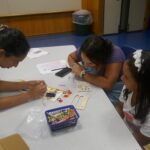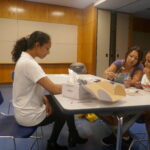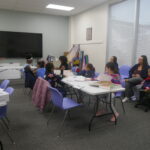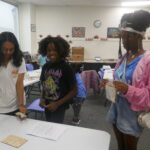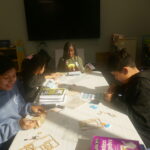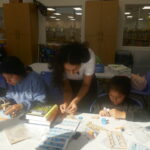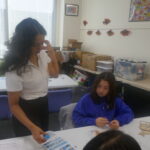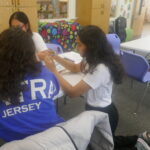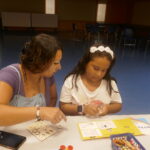STEM Workshops
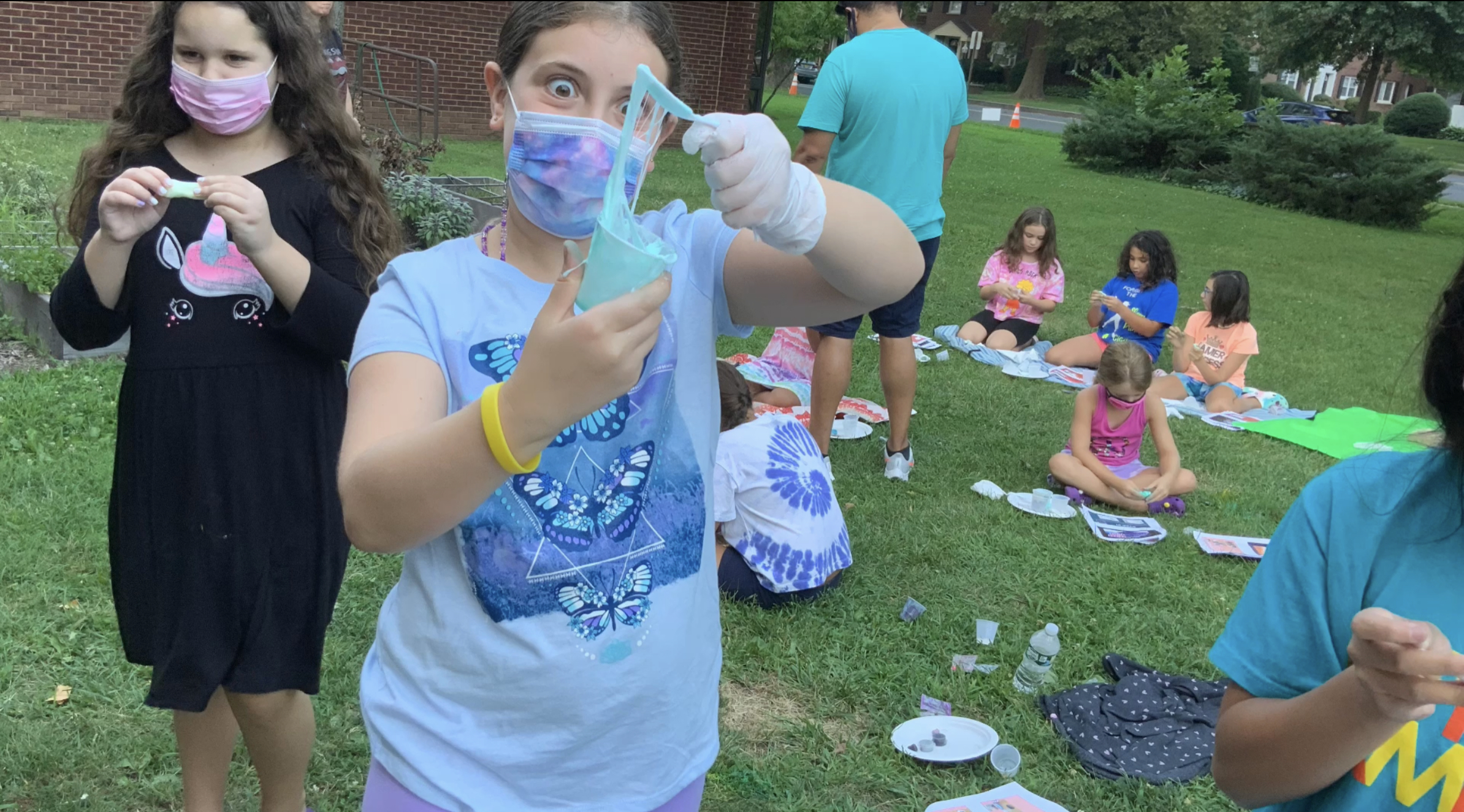
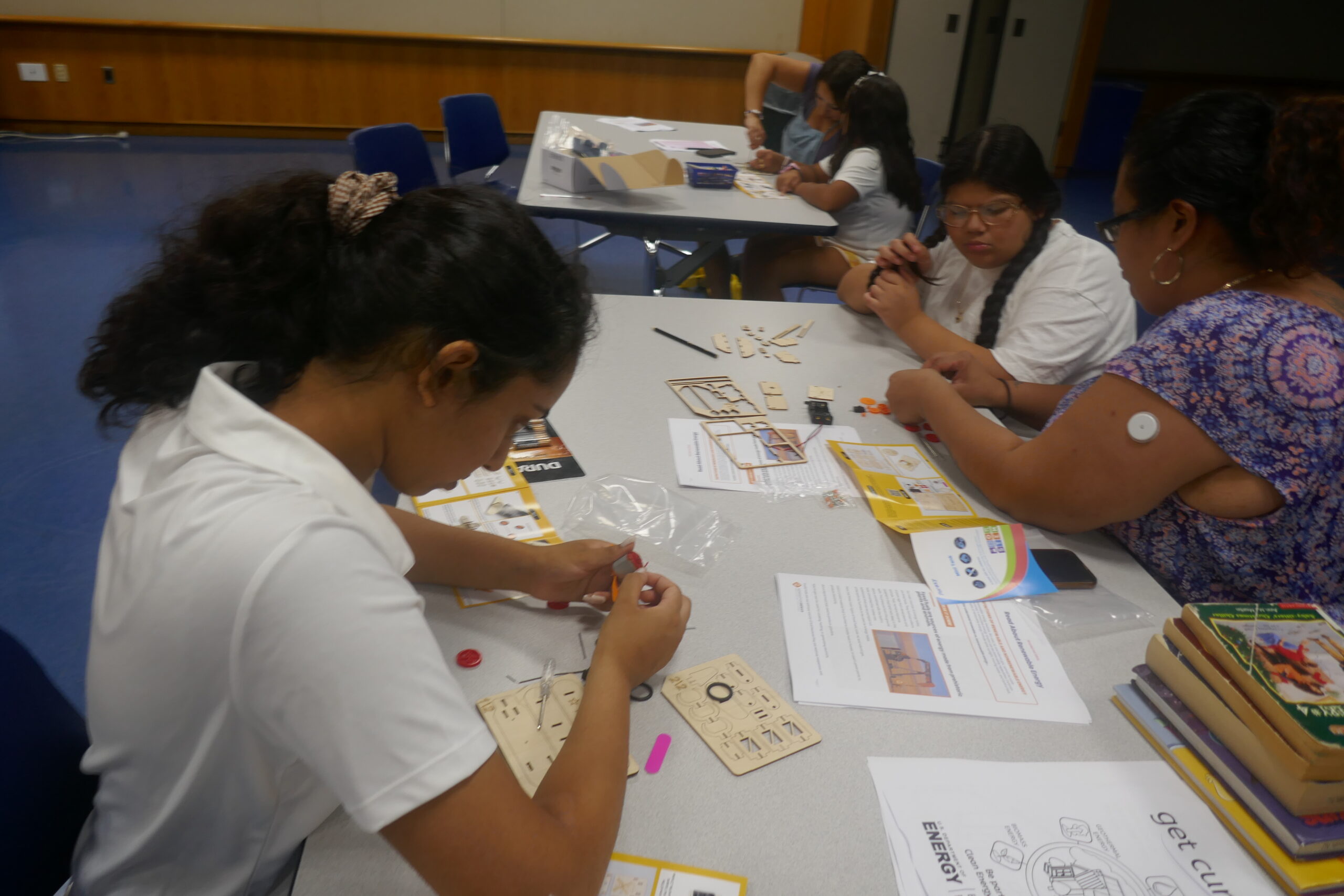
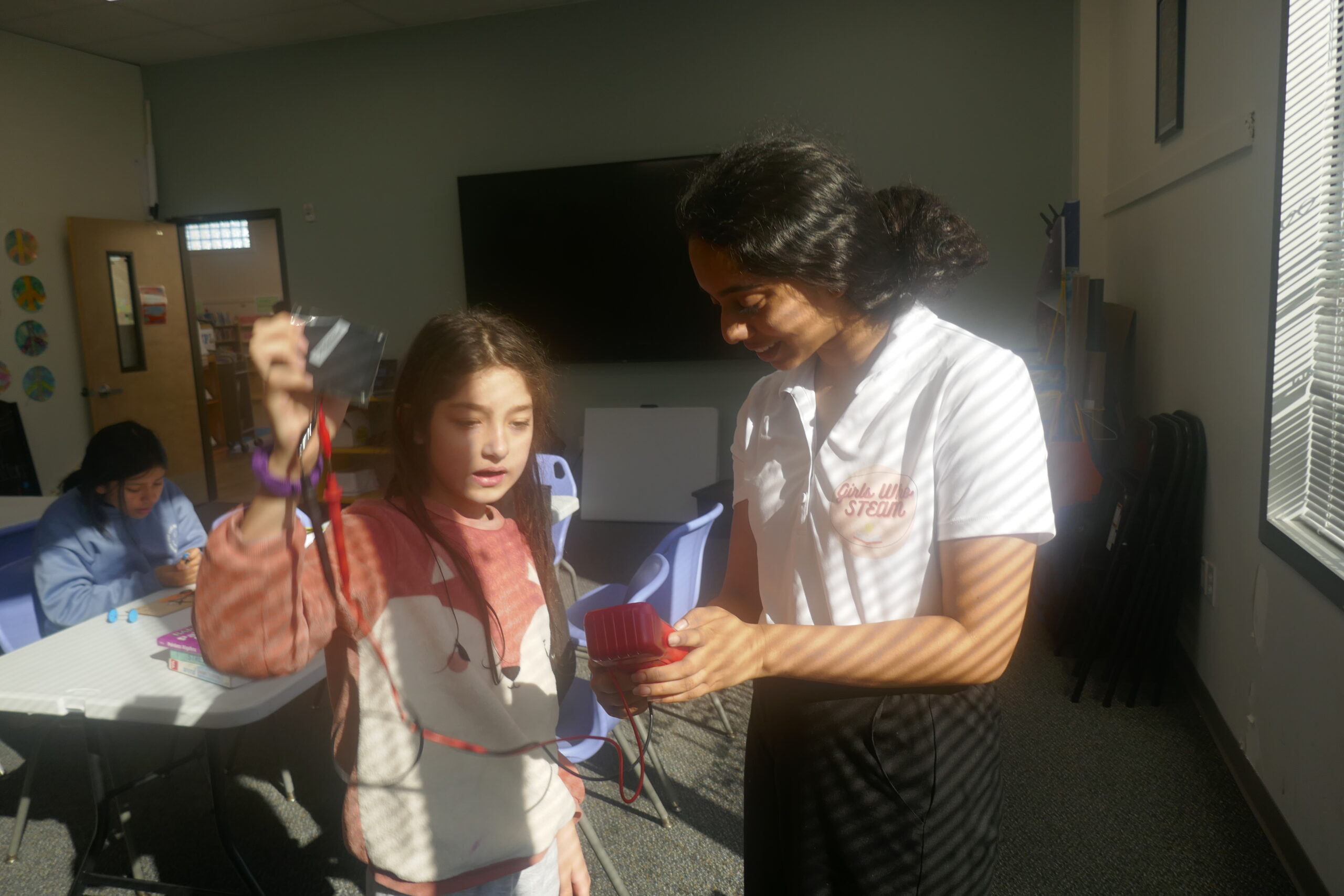
The Problem: The Gender Gap in STEM Starts in Early Childhood Education
This gender gap can start forming as early as elementary school. Research conducted by the National Assessment of Educational Progress (NAEP) shows that the gap between girls and boys in science and math begins widening between the ages of 9 and 10 years old. Other tests suggest that by the age of 12 girls begin to like less subjects like math and science. Girls at that age reported lower levels of confidence in their math abilities and experienced more anxiety than boys when performing math-related tasks. Many girls lose confidence in math by third grade. Boys, on the other hand, are more likely to say they are strong in math by 2nd grade, before any performance differences are evident. STEM fields are often viewed as masculine, and teachers and parents often underestimate girls’ STEM abilities starting as early as preschool.
The solution: Offer free enrichment programs for girls that embrace STEAM
The gender gap in STEM is a widely recognized issue, and a lot of organizations are actively working in the fight to close it. However, while many focus on empowerment and financial support to adult women, fighting it through the lens of a workforce, my organization tries to stop it by starting young. We connect with children across the world (using the internet) to essentially be a free supplement to the most standardized education curriculum, advocating for viewing STEAM through a creative viewpoint. While many people don't view things like coding and robotics as a form of art, we strive to host events and design the curriculum to value the "artistic" side of technology for all of our participants. We partner with local libraries, schools, and community organizations and offer these events free to the public.
Based around a DIY curriculum, our STEM workshops incorporate creativity and the arts to teach the participants (often aged 10-12) science concepts through a hands-on approach.
These events serve as summer camps and after-school programming, and in addition to serving as a supplement to the normal STEM curriculum that children normally are exposed to, they also serve as an opportunity to close the gender gap in STEM. The biggest value that we place in our STEM workshops is an environment for leadership and teamwork.
The girls in our programs are encouraged to work in groups on the various experiments we go through, having discussion and finding themselves as leaders. A flexible and inclusive space can encourage collaboration, problem-solving, creativity, and communication. In the past, our STEM workshops have been held in libraries, charter schools, public school, universities, etc.
Some examples of previous STEM workshops include:
- Clean energy day: participants built robotic cars running off solar energy
- Science and Sustainability: Participants learned about agriculture and food waste. They designed a compost model.
- Slime workshops: for younger participants, learned the science behind different kinds of slime.
- Ocean pollution: participants learned about the impact waste and oil spills had on the ocean. They designed methods for cleaning up the oil.
- Lava Lamp workshops: Participants learned about density, liquids, and light by making their own lava lamps.
And more!
